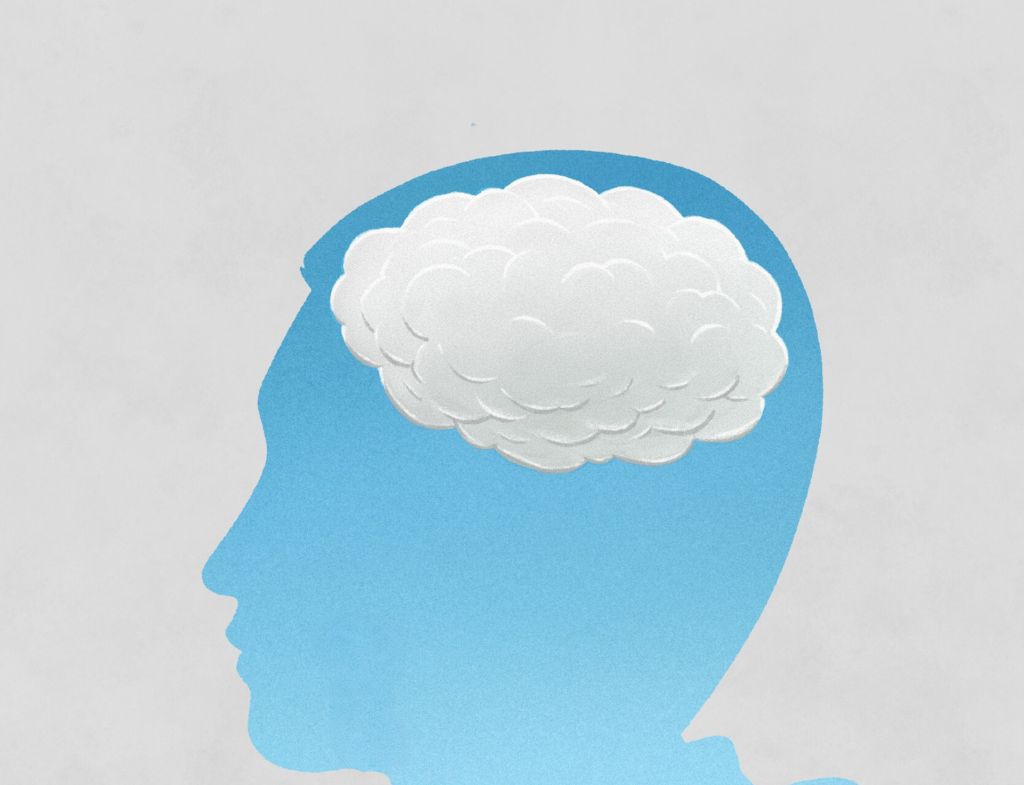
As we age, it’s common for some individuals to experience brain fog or cognitive decline. However, there are several strategies seniors can employ to help prevent or reduce brain fog and maintain mental clarity. Here are some recommendations:
Stay mentally active
Engage in activities that challenge your brain on a regular basis. For instance, read books, solve puzzles, play brain-training games, learn a new hobby or skill, or engage in intellectually stimulating conversations. These activities help keep your mind active and improve cognitive function.
Exercise regularly
Physical activity has numerous benefits for the brain. It not only increases blood flow and oxygen to the brain but also stimulates the growth of new neurons and enhances cognitive abilities. Aim for regular aerobic exercise, such as brisk walking, swimming, or cycling. Additionally, consider activities that improve balance and coordination, like yoga or tai chi.
Maintain a healthy diet
Proper nutrition plays a crucial role in brain health. Include a variety of fruits, vegetables, whole grains, lean proteins, and healthy fats in your diet. Moreover, foods rich in antioxidants, such as berries and leafy greens, may be particularly beneficial. It is also important to stay hydrated and limit the consumption of processed foods, sugary snacks, and excessive alcohol.
Get enough sleep
Quality sleep is essential for cognitive function. Aim for 7-9 hours of sleep each night and establish a regular sleep routine. To improve sleep, avoid caffeine and electronic devices close to bedtime. Additionally, create a comfortable and quiet sleep environment.
Manage stress
Chronic stress can contribute to brain fog. Therefore, it is important to explore stress-management techniques that work for you. Consider practices such as meditation, deep breathing exercises, yoga, or engaging in hobbies that promote relaxation. Seek social support and maintain a positive outlook to effectively manage stress.
Stay socially connected
Maintaining an active social life can have positive effects on brain health. Engage in social activities, join clubs or groups, volunteer, or spend time with loved ones. Social interaction provides mental stimulation and emotional well-being, helping to combat brain fog.
Maintain a healthy lifestyle
It is crucial to avoid smoking and limit alcohol consumption, as these habits can negatively impact brain function. Additionally, if you have any medical conditions, work with your healthcare provider to effectively manage them, as certain conditions can contribute to brain fog.
Stay organized
To reduce mental strain and enhance focus, keep a calendar or use reminder apps to stay on top of appointments, tasks, and activities. Moreover, organizing your environment and maintaining a routine can provide structure and clarity.
Stay mentally engaged
Continuously learning and seeking new experiences can help keep your brain sharp. Consider taking classes, attending workshops, or pursuing hobbies that challenge your intellect and expand your knowledge. By staying mentally engaged, you can combat brain fog and promote cognitive well-being.
Stay positive and have fun
A positive mindset and engaging in activities you enjoy can have a significant impact on your cognitive well-being. Laugh, have fun, and maintain a sense of humor. By fostering positivity and enjoyment in your life, you can combat brain fog and enhance overall cognitive function.
Remember, these strategies are general recommendations. If you’re experiencing persistent or worsening brain fog, it’s important to consult with a healthcare professional to rule out any underlying medical conditions and receive personalized advice.